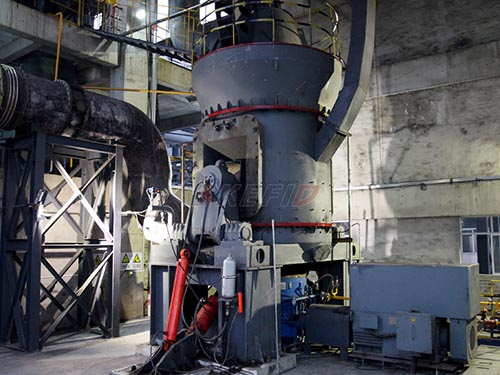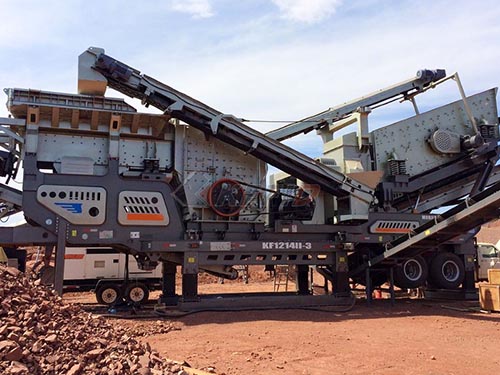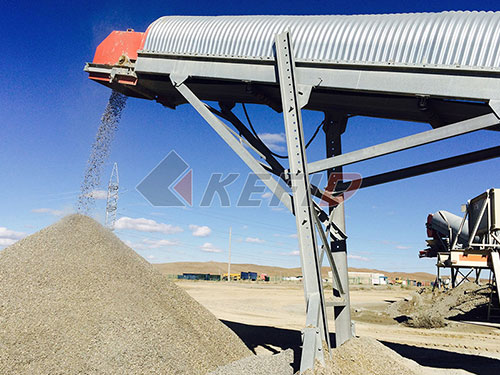The Relentless Grind: Syria’s Stone Crushers Amidst the Rubble
In the scarred landscapes of Syria, where the echoes of conflict still reverberate, a different kind of relentless industry persists – the work of the rock crushers. Far from gleaming factories or regulated quarries, these are often makeshift operations born of sheer necessity, transforming the very debris of war and ancient bedrock into the raw materials for a nation struggling to rebuild itself.

From Rubble to Foundation:
The work is elemental and brutal. Men, women, and sometimes children gather at sites scattered across government-held areas like Homs and Damascus countryside, or in regions controlled by various factions. Their raw material is diverse:
The Legacy of War: Mountains of concrete rubble from bombed-out buildings are a grimly abundant resource.
Ancient Bedrock: Natural stone formations are quarried using whatever tools are available – often just hammers and chisels.
Salvaged Masonry: Larger pieces of stone salvaged from ruins are broken down further.
The heart of these operations is typically a simple diesel-powered rock crusher – noisy, dusty machines that devour chunks of debris or stone and spit out coarse gravel or finer aggregates in varying sizes.
A Lifeline Forged in Dust:
This gritty industry isn’t driven by ambition for profit on a grand scale; it’s driven by survival.
Economic Imperative: With formal employment scarce and inflation rampant, crushing rock provides one of the few tangible ways to earn cash daily or weekly for countless families.
Rebuilding Block by Block: The output – gravel (“beldah”), sand (“raml”), and aggregate (“kasrawan”) – is essential for Syria’s agonizingly slow reconstruction efforts. It goes into making concrete blocks for new walls, patching roads cratered by shells, or laying foundations for homes rising tentatively from ruins.
Local Markets: Much of the material feeds hyper-local construction needs – small-scale repairs on homes or shops within nearby communities.
The Crushing Reality:
The price paid for this vital function is steep:

1. Human Cost: The work is physically punishing under the Syrian sun or biting cold. Long hours wielding heavy hammers or feeding unforgiving machines lead to chronic injuries.
2. Health Crisis: The most pervasive threat is dust – fine silica particles released during crushing that lodge deep in lungs causing silicosis (“stone-cutter’s disease”), respiratory infections (like tuberculosis), cancers

Leave a Reply